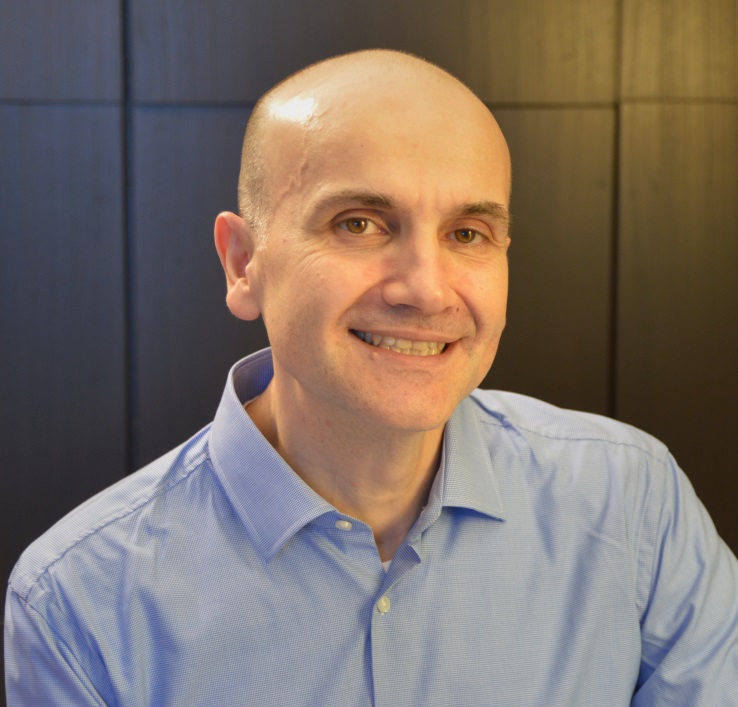Andreas Moshovos
Department of Electrical and Computer Engineering – University of Toronto

Invited Talk: Boosting Machine Learning Innovation: Computing Systems that Learn and Adapt
Slides
Video
Abstract:
Machine learning enabled computing devices to learn to “think”, to “see”, to “hear”, to “read”, to “write” and in general interact with the physical world in ways that we typically associate only with humans and high intelligence. These computing systems can rival human abilities and promise to enhance our ability to discover, learn and benefit from information. The application areas are enormous covering science, medicine, health, commerce, civil planning, security, and so on. Further enabling innovation in machine learning however requires computing systems that can store even larger amounts of information. We have been exploring hardware/software techniques that can enable further innovation in machine learning. We target methods that are designed from the ground up to take advantage of behaviors that emerge when machine learning workloads execute. This talk will overview some of those methods: APack a lossless compression method for inference with fixed-point values, Mokey a quantization method for transformers, and Schrödinger’s Floating-Point a compressor to accelerate training. APack takes advantage of the lopsided values, Mokey rethinks dictionary-based quantization to enable storage and computation of value indexes, and Schrödinger’s Floating-Point dynamically adjusts floating-point containers to reduce memory overheads.
Biography:
Andreas Moshovos teaches how to design and optimize computing hardware engines at the University of Toronto where he has the privilege of collaborating with several talented students on techniques to improve execution time, energy efficiency and cost for computing hardware. He has also taught at Northwestern University, USA, the University of Athens, Greece, the Hellenic Open University, Greece, and as an invited professor at the École Polytechnique Fédérale de Lausanne, Switzerland. He is the Director of the NSERC COHESA Research Network, and a fellow of the ACM and IEEE.